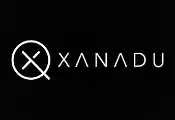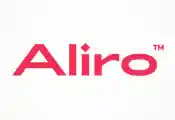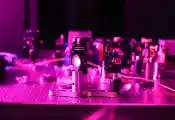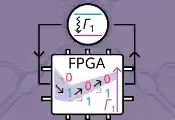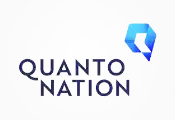UCLA Receives $1 Million NSF Grant to Accelerate Commercialization of Quantum Technologies
August 28, 2024 -- Researchers from the California NanoSystems Institute at UCLA and their colleagues have received a one-year, $1 million grant as part of a new National Science Foundation program aimed at accelerating the development and commercialization of quantum technologies for the benefit of society.
The Quantum Sensing and Imaging Lab, or Q-SAIL, which will be led by UCLA quantum physicist David Leibrandt, is one of five pilot projects across the country selected by the NSF to participate in the agency’s new National Quantum Virtual Laboratory, a first-of-its-kind national resource to enable the faster discovery and advancement of quantum technologies. At Q-SAIL, UCLA scientists from across the fields of physics, engineering and chemistry will collaborate with researchers from the University of Delaware, Caltech and MIT.
Q-SAIL aims to develop quantum sensors based on two-dimensional trapped-ion arrays, in which charged atomic particles are held in a confined space, enabling scientists to make measurements with unprecedented levels of precision.
“Quantum sensing is a brand-new field with the potential to enable transformative new capabilities and applications in navigation, telecommunications, medicine, atmospheric science, physics and astronomy,” Leibrandt said. “We’re thrilled to have this opportunity to bring together a world-class, multidisciplinary team of academic researchers and industry partners, to develop cutting-edge quantum sensors and put them in the hands of the user community.”
Quantinuum and Infleqtion, two companies that have advanced the development of quantum technologies from academic laboratory experiments to commercial instruments, will contribute technical expertise to increase the technology readiness level of Q-SAIL’s sensors.
After the initial 12-month timeline, the pilot project teams will be invited to compete for larger awards anticipated to fund NQVL’s design and development as a federated resource, bringing together assets that will enable a diversity of quantum-focused research and development.
Throughout its life cycle, NQVL will provide workforce training and education opportunities to grow the U.S. STEM workforce, which will eventually lead the industries of the future. Democratizing access and building national quantum science capacity is part of NSF’s strategy to fulfill the scientific and technological advancements identified in 2018’s “National Quantum Initiative Act.


